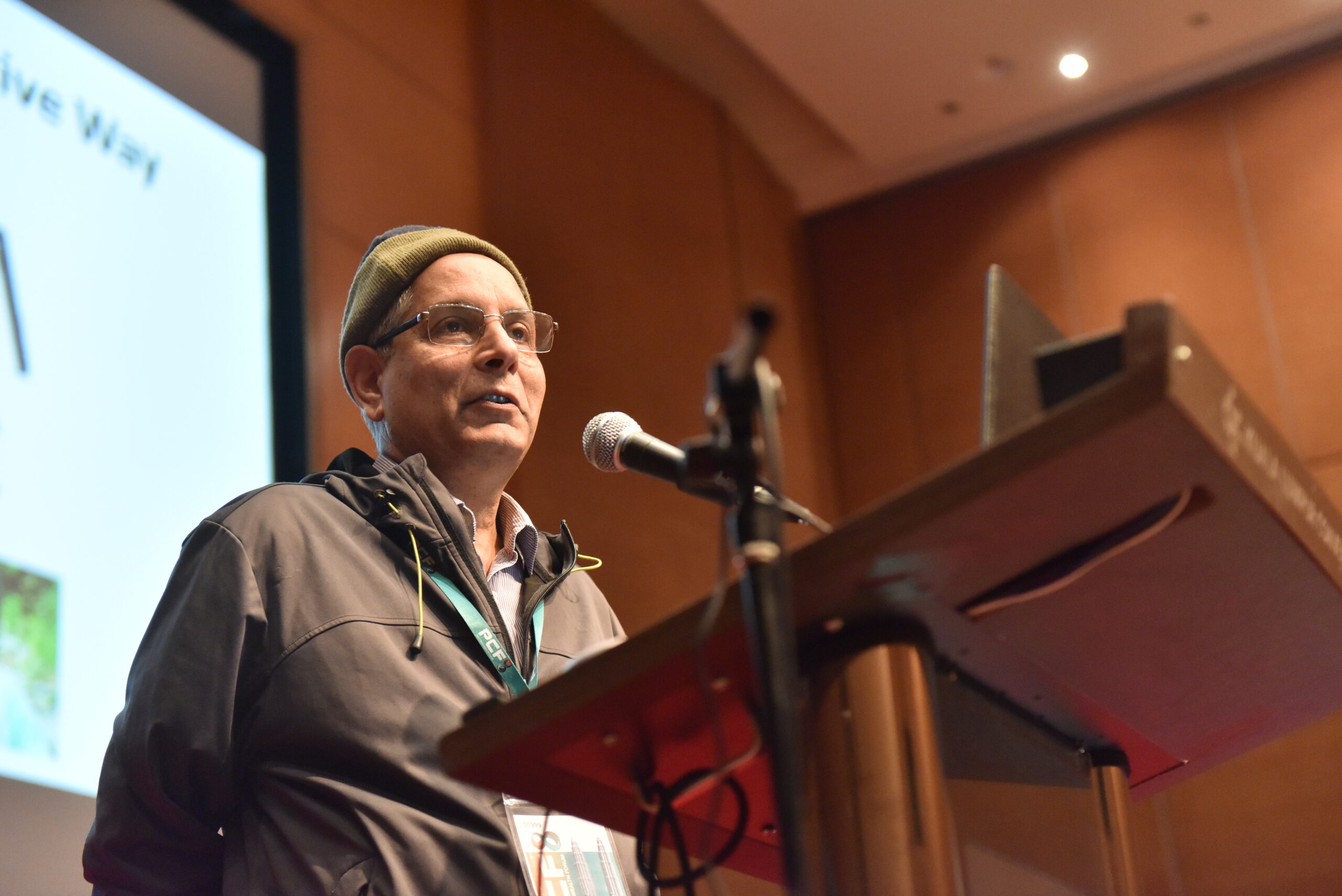Innovative Open Education: Fostering Resilient Societies for Sustainable Economic Development

Learning has a pivotal role in supporting a resilient society with direct correlations between educational investment and measures of social stability, productivity and peace. Conventional models of teaching and learning provide excellent tools to drive economic prosperity for those with access, but inevitably tend to replicate existing social inequalities. In contrast, alternative Open models of teaching and learning offer the same economic benefit but accompanied by a narrowing of the gap between those with access and those without, while increasing quality and collaboration.
The data is clear that education is vital for economic success and demonstrates that every dollar invested yields many more in direct and indirect benefits. But these valuable investments in the conventions of education: more classrooms, more teachers, more exams, can also increase stratification, raise barriers and fuel inequity. The conventions of education invest most in those who can succeed, because their parents have already been successful. The alternative, Open Education, creates social resilience by reaching into the huge reservoir of learning access inequity, creating successful parents.
The Open movement, including themes such as Open Research, Open Data, Open Source, Open Licensing, Open Publishing all recognise the value of sharing and collaboration to drive change. Open is not the same as free, nor is it the opposite of good business. Indeed, post-Covid many global institutions are leveraging open solutions, with great business models that have accepted the power of this approach. As technological changes in telecoms, online, mobile and artificial intelligence combine with social and climate shocks, the Commonwealth is perfectly placed to change also. Innovative open models, with creative and collaborative practices derived from distance, and now, online learning have the capacity to address those chronic challenges.
At a time of shocks, change and fear it is increasingly important for the Commonwealth to have a common voice which advocates for and embraces openness in all its forms.
Sub-themes
The focus of the Forum is to provide an opportunity for the open, online and flexible learning community to meet, share knowledge and experiences, identify important trends and explore applications of open and distance learning in widening access, bridging the digital divide and advancing the social and economic development of communities and countries. The event is particularly important for policy makers, practitioners and researchers from developing countries.
Presentations would be grouped around four sub-themes:
- Changing mindsets for inclusive open education
- Gender, technology and innovation in open education
- Skills development through lifelong open education
- Sustaining communities of learning and practice in innovative open education
In each of the sub-themes, there will be a special focus on emerging technologies for education and training, education for girls and women, and youth.
Changing mindsets for inclusive open education
Focus on underpinning philosophies/pedagogies/approaches for inclusion, access and success through ODL provision – the ‘why’ of learning.
Gender, technology and innovation in open education
Focus on issues of gender, technology and innovation in open educational practices – the ‘how’ of learning.
Skills development through lifelong open education
Focus on skills/TVET development for more people more flexibly for sustainable development – part of the ‘what’ of learning.
Sustaining communities of learning and practice in innovative open education
Focus on resilience and working, sharing and learning together in local communities and as a pan-Commonwealth community – the ‘who’ of open learning practice.
Special focus
Emerging technologies for education and training
Technological advancements, particularly digital technologies such as Artificial Intelligence, are opening new opportunities for educators to support high quality learning at scale. PCF11 will have a special focus on integration of appropriate technologies and innovations in teaching and learning, including approaches such as flipped classrooms, learning analytics, mobile learning, massive open and online courses (MOOC), artificial intelligence, blockchain, augmented reality/ virtual reality/ mixed reality etc. Suggested topics of interest would be technological innovations for delivering and managing large, as well as small, flexible learning opportunities that are based on principles of quality to create new ways to promote lifelong learning through, for example, microcredentials.
Education for Girls and Women
Considering that education for women and girls is strategically important for social and economic recovery and in achieving the SDGs, PCF11 will have a special focus on Women and Girls. Many girls drop out of school, thereby creating a permanent loss in human capital and narrowing their chances of improving their living standards. The Forum will ensure increased opportunity for their participation and focus on research and presentations related to innovation in offering programmes leading to skills and employability of girls to improve their livelihoods, measuring the quality of learning in programmes for women and girls, especially from the perspectives of programme effectiveness, and creating specialised lifelong learning environments for women to support sustainable development.
Youth
We must emphasise the vital role of youth in driving sustainable development and tackling global challenges. With over 60% of the Commonwealth population under the age of 30, there is an urgent need to empower this demographic through education and skills training. But further, to achieve deep social change the educational agenda must be also opened to a lifelong learner, to empower parents and young workers as we empower youth. With a signature team of powerful IGOs and NGOs the many nations of the Commonwealth – particularly the small, more agile states – can innovate with new forms of education no longer on the horizon, but here, now.
